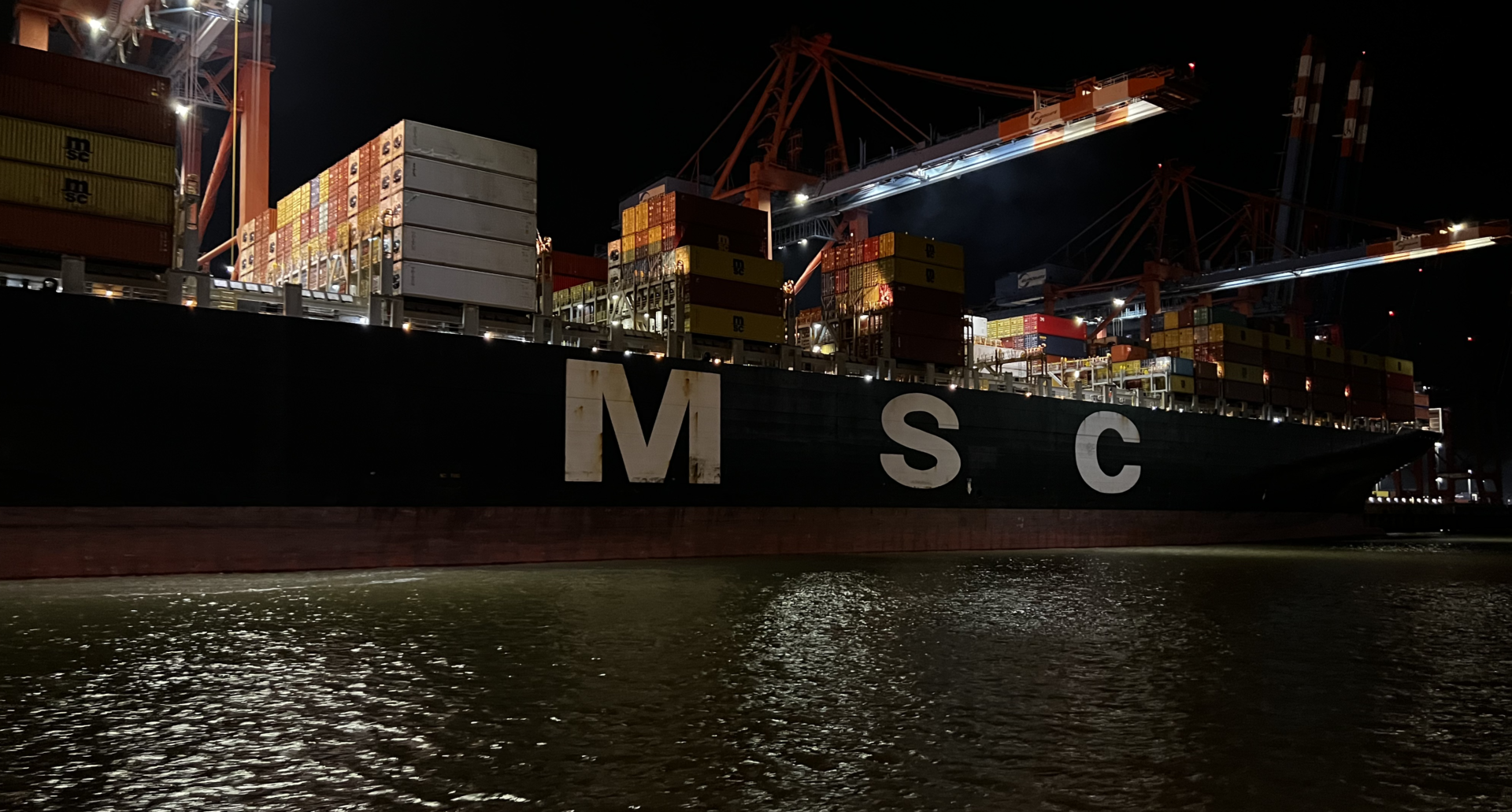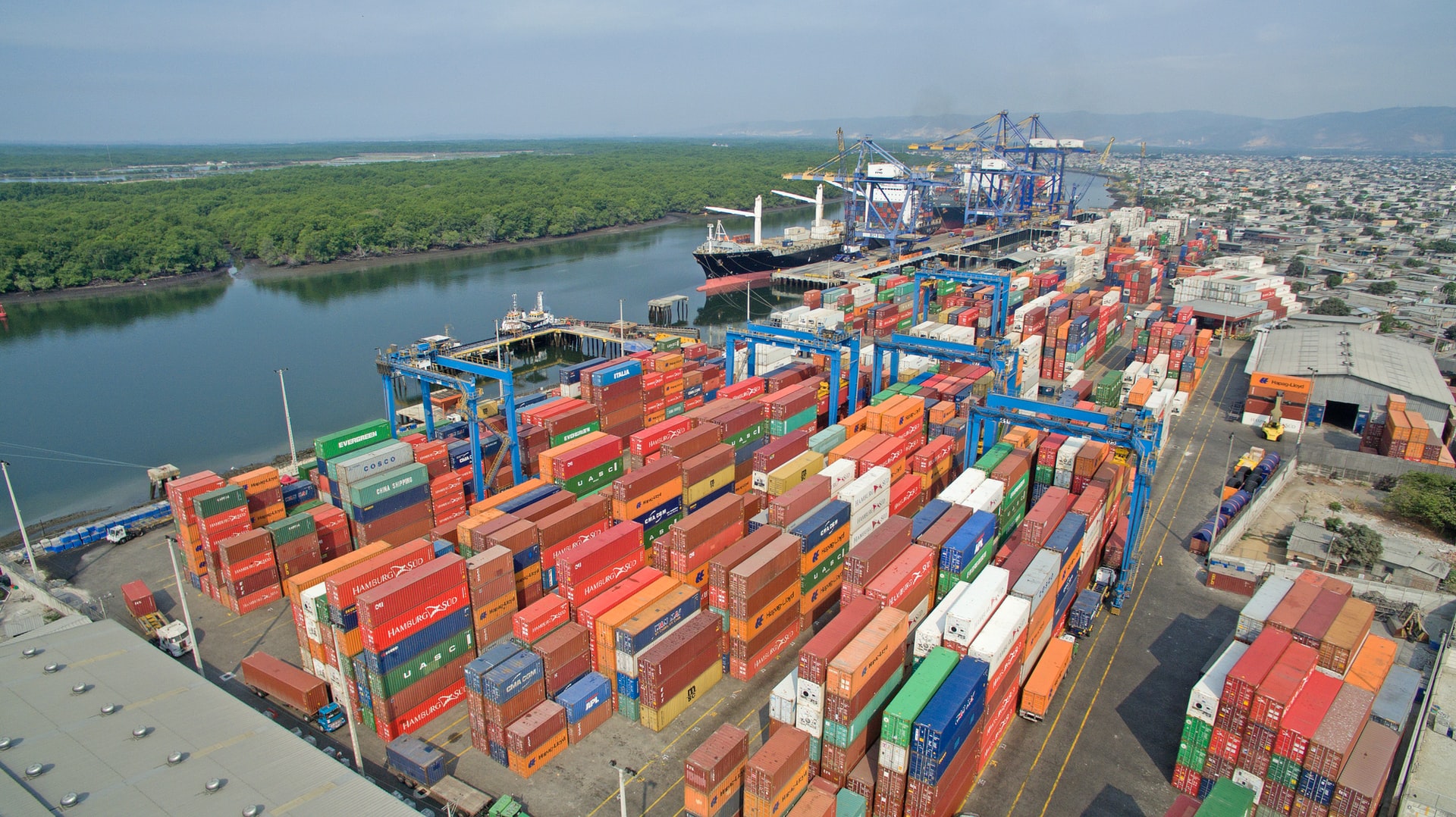Understanding Flows and Networks in the Era of Decoupling
Bubbles rise from the Baltic Sea. A symbol of interdependence, Nord Stream gas pipeline, has been exploded. It is hard to find a better metaphor for flows destroyed and redirected.
Geopolitical factors and supply chain risks have returned to the center of international business. Not many decision-makers dare to claim economy is simply a distinct sphere from politics, functioning by its own logic. The world has shifted from neoliberal discourse of globalization into… Something.
We know the optimism of the 1990s is history. Marketization did not eventually lead to democratization and stable global governance, but fed authoritarian actors before they decided to accelerate their political, even military offensive. We can see this from Russia to China, from Ukraine and Taiwan to Australia and Ottawa.
Just like during all global paradigm shifts, many decision-makers and analysts struggle to understand and conceptualize the transformation.
Moreover, they seem to be helpless in developing suitable solutions.
International companies are tempted to appease Beijing and other problematic regimes to keep the cashflow running – at the same time, these enterprises may pressure the governments of democratic countries to do the same. These governments are forced to make choices with very limited amount of information. Many actors providing even somehow feasible analysis are funded by partisan players – thus, their reliability can be very questionable.
Despite the widespread slogan ”the world will be divided into two camps”, global flows and networks – whether we talk about capital, supply chains, information, or innovations – are not that simple.
For example, what should we think about a Vietnamese company producing extremely cheap microchips, but suffering from constant threat of ”nationalization”, i.e. illegitimate takeover by the government? What if the government is highly dependent on Chinese investments and vulnerable to pressure from Beijing?
Countries and regions holding liminal positions – such as India – can be very influential in defining the outcome of the global power competition. Understanding and predicting how different business sectors will position themselves regarding these developing markets is essential… And sometimes, liminality is not geopolitical or related to the legal or societal environment. Think about Germany: a well-functioning democracy and NATO member with efficient industry previously very dependent on Russian gas supplies. Low risk investment without ethical problems?
In fact, securing democracy and business opportunities for Western companies are two sides of the same coin and can be done by relying on a very straightforward principle: let’s make the interdependence work for us, not against us. Regarding models, we do not have to go much beoynd the good old Harry Markowitz’s modern portfolio theory.
And yet, there is more.
Open source intelligence – OSINT – is a rapidly growing market, but very underdeveloped in evaluating, measuring, and predicting global risks on a holistic basis. While investigative journalists and criminal investigators have became more and more experienced in defining locations on Google Maps or combining public databases to make sense of global networks, we still do not have a fully-integrated system to gather and analyze this knowledge to support wise business decisions – i.e. to save money.
Neither do we have to limit ourselves to numbers, maps, and diagrams. The ”AI revolution” and programs like ChatGPT offer many possibilities to build much more reliable and up-to-date political analysis based on qualitative methods than ever before. For example, it is possible to predict short and long-term political development – populist tendencies, likelihood of a certain economic policy line, or general level of predictability – based on historical and current text data.
All of this is very valuable for global business actors. But who will take the first steps on the long road toward capitalizing it?



